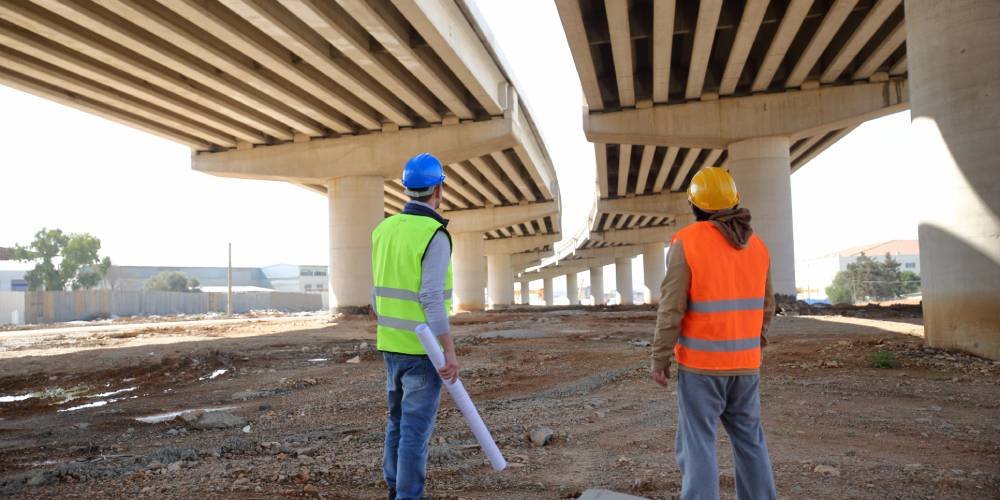Poland will establish a non-mandatory certification for public procurement contractors

Poland is implementing changes in its public procurement system to introduce non-mandatory contractor certification and streamline appeal procedures through remote trials and hearings.
Although, we are in the midst of summer, works is being carried out to introduce new institutions and speed up the procurement appeal proceedings in Poland. The ministries are currently in the process of consulting on two new drafts of legal acts regarding the amendments to the public procurement system: the first of them will introduce the non-mandatory certification of contractors, and the other one will ensure that the proceedings before the National Chamber of Appeal (the body responsible for public procurement controversies) are conducted in a more efficient manner.
I. Certification of contractors
The certification of public procurement contractors was already foreseen in the works of the Parliament, but, due to the end of the term, it had to wait until April 2024. The provisions on the certification of the contractors are expected to be introduced in the Polish legal system in 2025. It’s a part of the State Purchasing Policy based on EP and Council Directive 2014/24/EU on public procurement. The idea of the system is for the certificate obtained in Poland to be recognized in public procurement proceedings in the EU. The system will not apply to procurement proceedings in the area of defence and security.
Certification should facilitate access to public procurement for small and medium-sized contractors. It is intended to reduce the number of formal obligations for contractors, the costs of participation in procedures, and to ensure the objectivity and transparency of the contractor’s verification process.
The process of verifying contractors will be shortened and the contracting authority will not be able to be accused of under or overestimating the conditions for participation in the proceedings, due to the independent and uniform criteria for granting the certificate. Obtaining and using the certificate will be optional. Any contractor without the certificate will be able to participate in the proceedings in the traditional manner under the same conditions.
The draft of the legal act introducing certificates provides for two types of certifications: (i) confirming the absence of grounds for exclusion or (ii) confirming the ability to duly perform the contract (possession of authority, experience, resources). An entrepreneur will be able to use the certificate to confirm its ability to participate in proceedings, its ability to conduct a certain business or professional activity, its economic or financial situation, and its technical or professional capacity.
Certification and supervision of certificate compliance will be carried out by entities accredited by the Polish Accreditation Centre. Verification activities may take place at the request of a contractor or as a result of the certification bodies' own findings.
The draft of the legal act introducing certificates stipulates that certification be granted for a period of one to three years from the date of granting, as requested by the contractor. The certifications will be posted on a publicly accessible online database, where information on suspended and invalid certifications will also be available, as well as information on contractors who have applied for them. The expected effective date of this change is first quarter of 2025. The draft of the legal act has passed the stage of comments from organizations and trade unions.
II. Remote trials and hearings
The consultations on the draft of the new amendment to the Public Procurement Law, which provides for changes in the proceedings before National Chamber of Appeals, are coming to an end. The main amendments primarily involve the introduction of remote trials and hearings. Currently, all cases are heard in the headquarters of the National Chamber of Appeals in Warsaw, which means that parties to the proceedings must often travel long distances to participate.
Remote trials and hearings will be possible if the nature of the actions to be performed at the trial or hearing does not contradict it, and if there are no other circumstances that impede the conduct of a remote trial or hearing and full protection of the procedural rights of the parties and participants in the appeal proceedings and the proper course of these proceedings is guaranteed. It will be possible to limit the possibility of remote hearings and trials due to special circumstances, such as a large number of participants in the proceedings.
If the conditions in the location of a person participating in a remote hearing do not face the solemnity of the Chamber, constitute an obstacle to the performance of procedural actions, or their behaviour raises reasonable doubts about the proper conduct of actions with their participation, the Chamber may refuse remote participation of this person in the trial or hearing. In such a case, the failure of that person to appear shall be considered. In connection with the possibility of remote hearings, the draft also stipulates that the procedural material must be transferred earlier than during the hearing.
The President of the National Board of Appeals will assess the possibility of a remote trial in each case and will inform the parties of this in the notice of the hearing date. Of course, in the case of a remote hearing, the parties will continue to be able to decide on their own whether to participate remotely or in person. The president will, by means of a notice, inform about the technical standards of software and hardware requirements necessary to participate remotely.
The anticipated changes will significantly speed up and streamline the appeals procedure. In order to give entrepreneurs time to adjust to the new regulations, it is likely that the regulations will enter into force six months after the date of publication in the Journal of Laws.
Check our chapter in the International Comparative Legal Guides for more information on the Polish public procurement system https://iclg.com/practice-areas/public-procurement-laws-and-regulations/poland
Contacts


